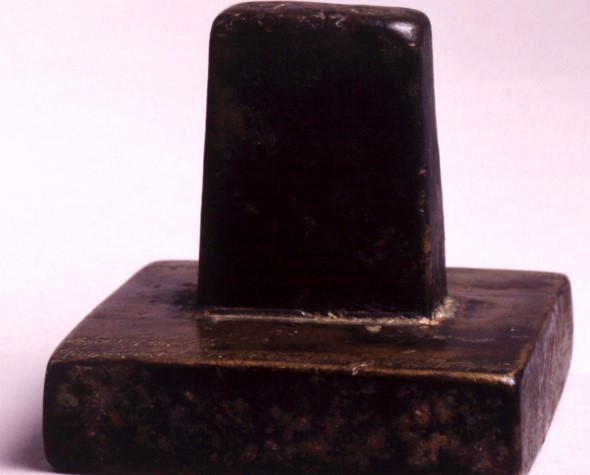
On a recent visit to the Shanghai Museum we spent time looking over the many ancient stamps (also known as seals) that are on display. These intricately carved and designed items were the unique “signature” assigned to an official which served to prove a document’s authenticity as the design was one-of-a-kind. If you were an official, it was an honor to get a seal assigned to you because it indicated that you had reached a vaulted level of importance in China’s vast governmental operation.
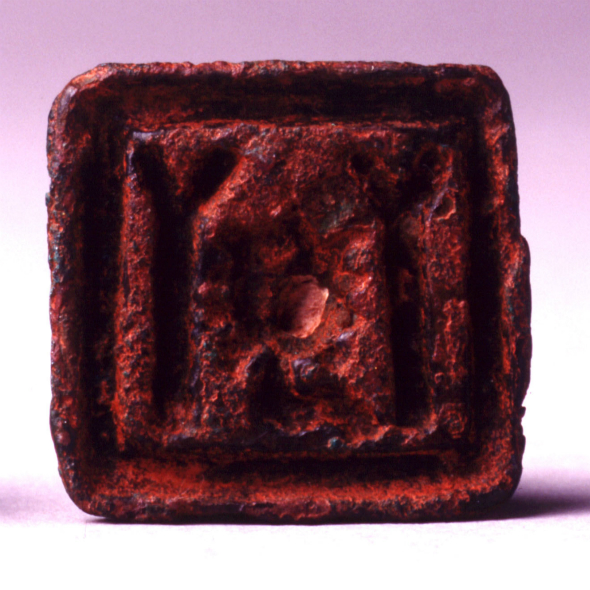
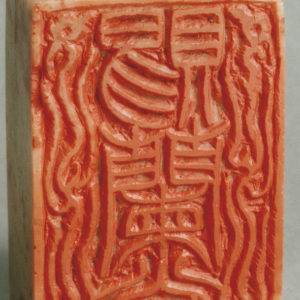
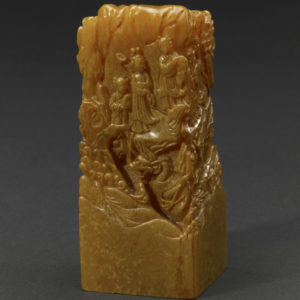
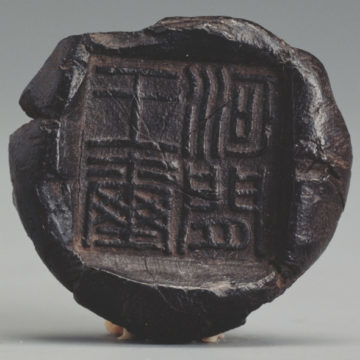
Echoes of those seals are seen today in utility company and bank logos. Tourist markets also sell customized stamps, complete with your own initials, as souvenirs. Stamps are clearly still a thing in China.



Each month, as I collect receipts stamped with a distinctive red seal and submit them to the accounting department, I realize that thousands of years of process is a hard habit to break. These receipts, which some expats may refer to as the “bane of our existence”, are called Fapiao.
In Chinese, Fapiao means invoice and is the word to describe the official tax receipts that are (by law) required to be issued to document a sales or service transaction. But they aren’t just a sales receipt. Fapiaos are a different register of sale that must be created only when requested, and then stamped, for tax records.
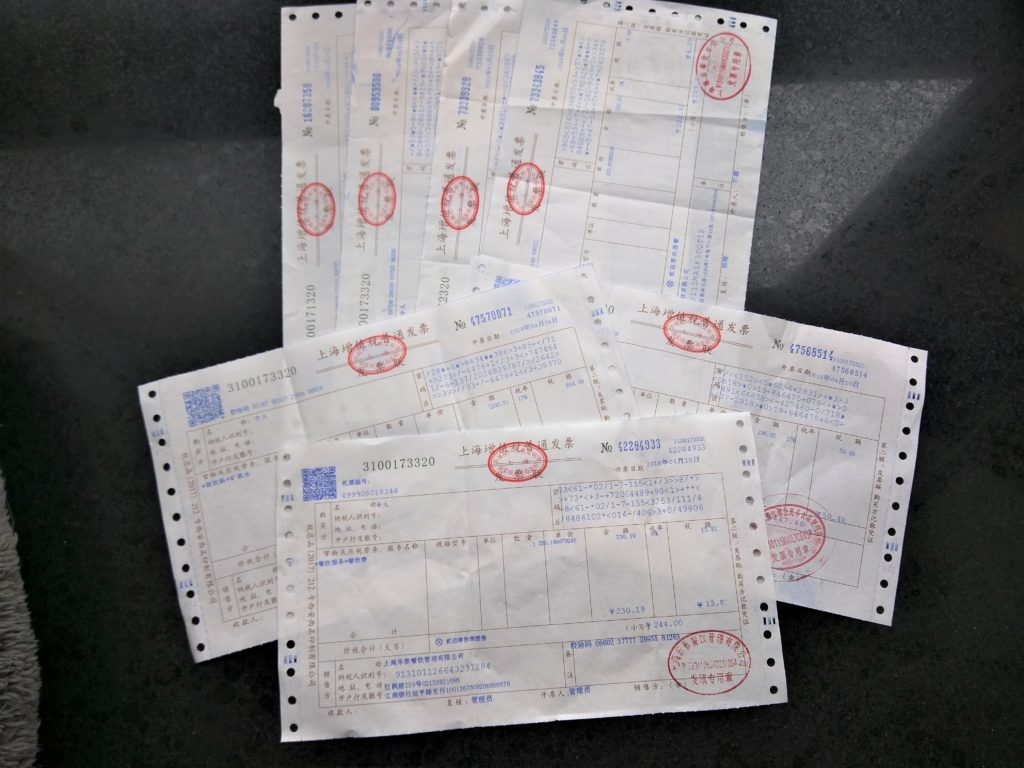
What’s the problem you may wonder. Well, when you ask for a Fapiao at a restaurant or grocery store, you are generally not met with a welcoming “let me get that for you” smile. The reasons for this are complex but can be summed in three letters – TAX.
Merchants have their reasons for not being cooperative with Fapiao. Not all of them are “big enough” to afford the purchase of the special paper and stamps required to create the receipts. When you ask for one they may say, “I am too small to provide this”. Maybe they don’t want to itemize the things you bought so they ask you if they can categorize this all as water or rice or some other simple to enter product. But questions like this demand a high working knowledge of the language being spoken so often end in frustration for both parties and ultimately no Fapiao is delivered. Perhaps a vendor doesn’t believe in cutting corners and so will dutifully print you a Fapiao, but you will have to wait for 30-40 minutes while they painstakingly type up a detailed invoice in their system and stamp it. Sometimes they tell you they ran out of paper and tell you to come back next month. Other times they hand you a pre-printed Fapiao that is “roughly” the same price of what you paid. The possibilities are endless.
Customers who want the tax relief provided by the Fapiao, despite the rigors described above, tend to demand that receipt. For expat teachers, Fapiaos are on everyone’s minds, all the time. When you go out with friends it’s a sign of deep respect to have them say, “You can have the Fapiao”. Sometimes, if we are over our collection requirement one month we will surprise friends with “Fapiaio Gifts” which are always received with grateful and pleased smiles. There are numerous markets in China focused on all sorts of customized goods – flowers, electronics, glasses, fabric – you name it. Accordingly, there is also a Fapiao market. This market doesn’t operate in the sun lit stalls or on the neighborhood street corners but it does exist and people who were unable to get Fapiao from a store, can get it from the Fapiao market
It’s hard to not realize the historic tradition we are all part of as we dutifully collect and submit documentation marked with official stamps in China. Like it or not, it doesn’t seem like a system that is going to go away anytime soon.
Stamp images courtesy of http://www.shanghaimuseum.net